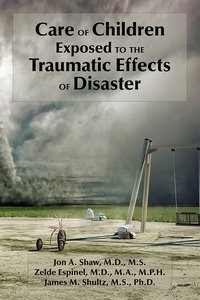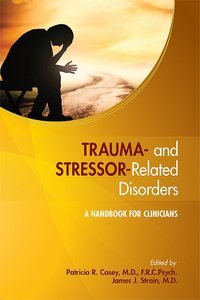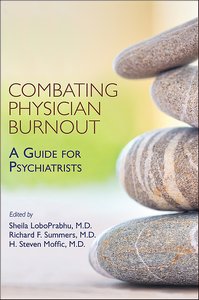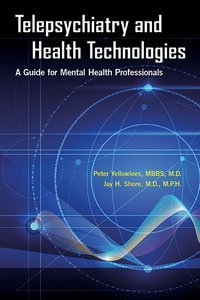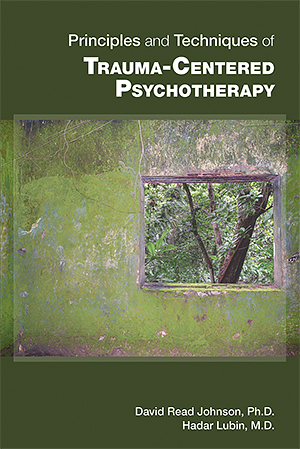Resilience
Resilience is a dynamic process of positive adaptation in the face of adversity. When individuals face major stressors due to events such as natural disasters, trauma, public health crises, and now, coronavirus disease 2019 (COVID-19), resilience is tested on an individual, organizational, and societal level. But resilience is not stagnant. Appropriate guidance, access to resources, and early intervention can strengthen resilience and lead to improved mental health outcomes. COVID-19 presents unique challenges in that social connectedness—a critical ingredient that bolsters resilience—may be difficult as people engage in physical distancing. As the global community establishes a “new normal,” the rich literature on resilience can guide providers and patients through this adjustment.
This Editor’s Choice collection highlights the importance of fostering resilience to prevent poor mental health outcomes that result from adverse responses to crisis as well as long-term stressors. The first set of articles describes the impacts of disasters, the utility of interventions such as short-term cognitive-behavioral therapy, the importance of engaging community stakeholders, and the use of a collaborative approach to manage the aftermath of trauma. The next section addresses the critical importance of fostering resilience in young people who face adverse childhood experiences or serious mental illness, as well as the need to engage policy makers on these issues. Finally, the collection examines how resilience relates to health care worker well-being and includes a historical perspective on the roots of the term resilience as it relates to burnout. Particularly salient to the current surge in telepsychiatry that has resulted from the COVID-19 pandemic, one article describes the ability of telepsychiatry to improve psychiatrists’ well-being while running the risk of contributing to burnout through social and professional isolation. As we advance through the challenges presented by COVID-19, this collection highlights the collaborative approach needed to meet the mental health needs of our patients and our professional communities.
Lisa B. Dixon, M.D., M.P.H.
Browse all Editor’s Choice collections
Disaster Response
Howard J. Osofsky, M.D., Ph.D, Joy D. Osofsky, Ph.D., John H. Wells, M.D., and Carl Weems, Ph.D.
2014, Volume 65, Issue 3, pp. 280–283
Ying Chen, M.D., Wen Wu Shen, M.S., Kamko Gao, M.A., Chow S. Lam, Ph.D., Weining C. Chang, Ph.D., and Hong Deng, M.D.
2014, Volume 65, Issue 2, pp. 259–262
Andrew McLean, M.D., M.P.H.
2019, Volume 70, Issue 3, pp. 166–167
Frederick J. Stoddard Jr., M.D.
2009, Volume 60, Issue 7, pp. 997–998
Young People Facing Adversity
Rahsaan L. Lindsey, M.D., Mark D. Weist, Ph.D., Lavonia Smith-Lebeau, M.A., Leah Rosner, B.S., Lisa B. Dixon, M.D., M.P.H., and David D. Pruitt, M.D.
2004, Volume 55, Issue 7, pp. 824–826
Gerald Jordan, M.A., Kathleen MacDonald, M.Sc., Megan A. Pope, M.Sc., Emily Schorr, M.Sc., Ashok K. Malla, M.B.B.S., F.R.C.P.C., Srividya N. Iyer, Ph.D.
2018, Volume 69, Issue 1, pp. 84–99
Jonathan Purtle, Dr.P.H., M.Sc., Félice Lê-Scherban, Ph.D., M.P.H., Xi Wang, Ph.D., Emily Brown, M.S.W., Mariana Chilton, Ph.D., M.P.H.
2019, Volume 70, Issue 10, pp. 894–900
Well-Being of Health Care Workers
William J. Lancee, Ph.D., Robert G. Maunder, M.D., David S. Goldbloom, M.D.
2008, Volume 59, Issue 1, pp. 91–95
Emily L. Vogt, B.A., Hossam Mahmoud, M.D., M.P.H., Omar Elhaj, M.D.
2019, Volume 70, Issue 5, pp. 422–424
Also featured in the Telepsychiatry collection.
Penina M. Backer, B.A., Laurel J. Kiser, Ph.D., M.B.A., Jane E. Gillham, Ph.D., Joan Smith, M.S.W., L.C.S.W.
2015, Volume 66, Issue 8, pp. 778–780
Helena Winston, M.D., M.Phil., and Bruce Fage, M.D.
2019, Volume 70, Issue 8, pp. 737–739
Rashi Aggarwal, M.D., and Kristen Kim, M.D.
2019, Volume 70, Issue 12, p. 1181
Bruce Fage, M.D., and Helena Winston, M.D.
2019, Volume 70, Issue 12, pp. 1181–1182
Browse all Editor’s Choice collections.
Related Books
Comments and feedback about Editor’s Choice: [email protected]
